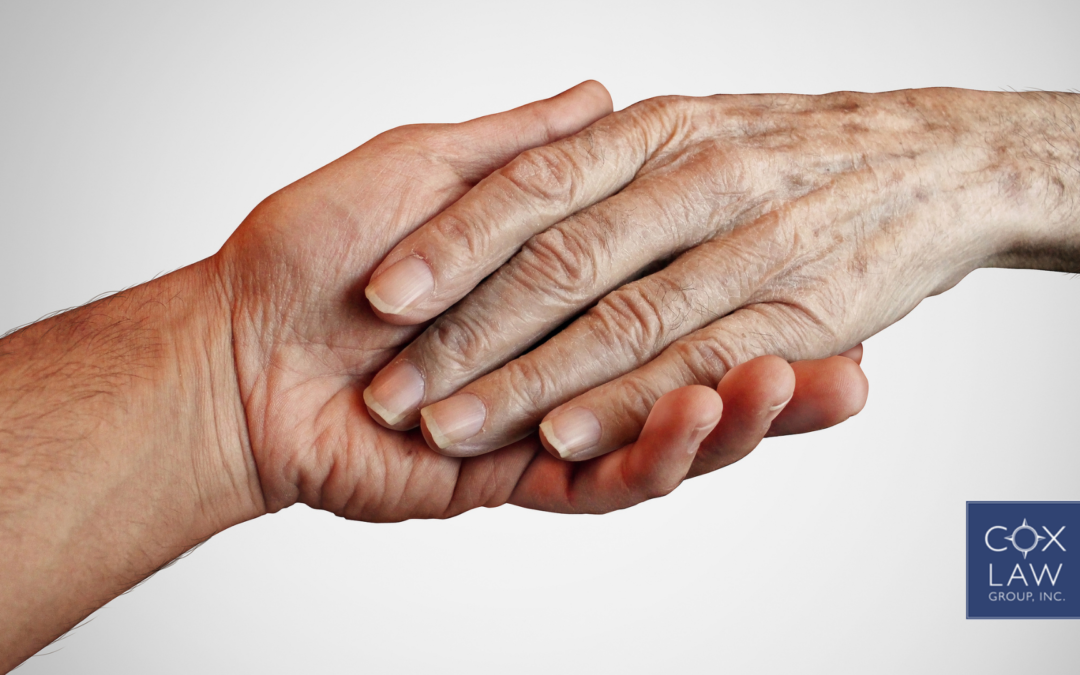Did you know that, according to the nonprofit Alzheimer’s Association, there are more than 5.8 million older adults living with Alzheimer’s Disease in the United States and the number is expected grow as Baby Boomers continue to age? In addition did you know that Alzheimer’s Disease is the sixth leading cause of death in the United States? Or that two-thirds of affected seniors are women?
Do you have a loved one who has been recently diagnosed with Alzheimer’s Disease? There are many educational opportunities and support resources offered across the country for impacted seniors, family members, friends and other unpaid volunteers who care for them. Let us share with you here three ways to cope with changes in an aging loved one with Alzheimer’s Disease.
1. Start with Education. Alzheimer’s is a degenerative brain disease and the most common form of dementia. Symptoms include memory loss, diminished problem-solving abilities, poor judgment and erratic behavior. Symptoms also worsen over time until affected seniors can no longer care for themselves. In many cases, they succumb to the effects of eroded brain activity controlling basic bodily functions, such as swallowing and breathing. Learning more about Alzheimer’s, the likely progression of symptoms, available medical treatments and other important factors will help family members and others better cope with the disease.
2. Learn the Stages of Alzheimer’s Disease. There are three distinct phases of Alzheimer’s disease: early stage, middle stage, and late stage. Early-stage Alzheimer’s is the first phase. Generally, this is the period when seniors are diagnosed and may still function somewhat normally. Essentially, this is the stage when the elder adult can be making important decisions about long-term care, estate planning and important legal matters. Documents, such as a durable power of attorney, advance directive and health care privacy release, are critical during this stage because it allows the elder adult to express his or her desire prior to losing the ability to make competent decisions.
The middle-stage of Alzheimer’s is often the longest phase of the disease. An affected senior may begin jumbling their words, have trouble expressing thoughts and emotions, struggle with simple tasks like getting dressed, and exhibit unpredictable behavior. This is followed by late-stage Alzheimer’s, when the disease has progressed to require around-the-clock care.
3. Coping Do’s and Don’ts For Your Consideration. Caring for an aging loved one with Alzheimer’s is both rewarding and stressful. Consider these communication tips when providing care:
• Be as patient and compassionate as possible
• Call the elder adult by name and remind them who you are if they’re unsure
• Speak slowly and use simple, clear sentences
• Find different ways of saying the same thing
• Don’t get frustrated
• Don’t say things like: Did you forget? I just told you.
• Don’t talk in front of the elder person as if they aren’t present
• Try not to use sarcasm or irony even if meant humorously
• Don’t use patronizing language or “baby talk”
For more information and resources available to you regarding how to best support a loved one newly diagnosed with Alzheimer’s, our office is happy to assist. Please feel free to reach out to us to schedule an appointment.

